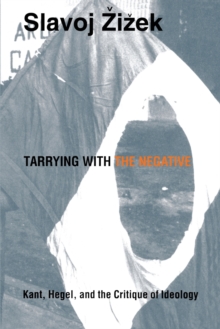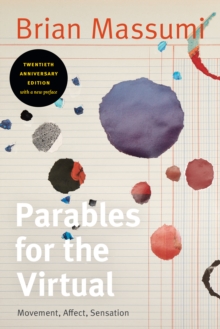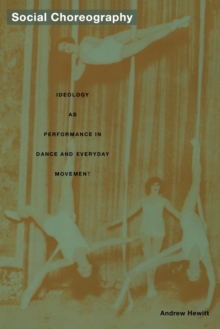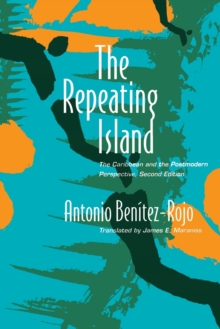
Postmodernity in Latin America : The Argentine Paradigm Hardback
by Santiago Colas
Part of the Post-Contemporary Interventions series
Hardback
Description
Postmodernity in Latin America contests the prevailing understanding of the relationship between postmodernity and Latin America by focusing on recent developments in Latin American, and particularly Argentine, political and literary culture.
While European and North American theorists of postmodernity generally view Latin American fiction without regard for its political and cultural context, Latin Americanists often either uncritically apply the concept of postmodernity to Latin American literature and society or reject it in an equally uncritical fashion.
The result has been both a limited understanding of the literature and an impoverished notion of postmodernity.
Santiago Colas challenges both of these approaches and corrects their consequent distortions by locating Argentine postmodernity in the cultural dynamics of resistance as it operates within and against local expressions of late capitalism.
Focusing on literature, Colas uses Julio Cortazar's Hopscotch to characterize modernity for Latin America as a whole, Manuel Puig's Kiss of the Spider Woman to identify the transition to a more localized postmodernity, and Ricardo Piglia's Artificial Respiration to exemplify the cultural coordinates of postmodernity in Argentina.
Informed by the cycle of political transformation beginning with the Cuban Revolution, including its effects on Peronism, to the period of dictatorship, and finally to redemocratization, Colas's examination of this literary progression leads to the reconstruction of three significant moments in the history of Argentina.
His analysis provokes both a revised understanding of that history and the recognition that multiple meanings of postmodernity must be understood in ways that incorporate the complexity of regional differences.
Offering a new voice in the debate over postmodernity, one that challenges that debate's leading thinkers, Postmodernity in Latin America will be of particular interest to students of Latin American literature and to scholars in all disciplines concerned with theories of the postmodern.
Information
-
Available to Order - This title is available to order, with delivery expected within 2 weeks
- Format:Hardback
- Pages:240 pages
- Publisher:Duke University Press
- Publication Date:07/11/1994
- Category:
- ISBN:9780822315087
Other Formats
- Paperback / softback from £21.95
Information
-
Available to Order - This title is available to order, with delivery expected within 2 weeks
- Format:Hardback
- Pages:240 pages
- Publisher:Duke University Press
- Publication Date:07/11/1994
- Category:
- ISBN:9780822315087










